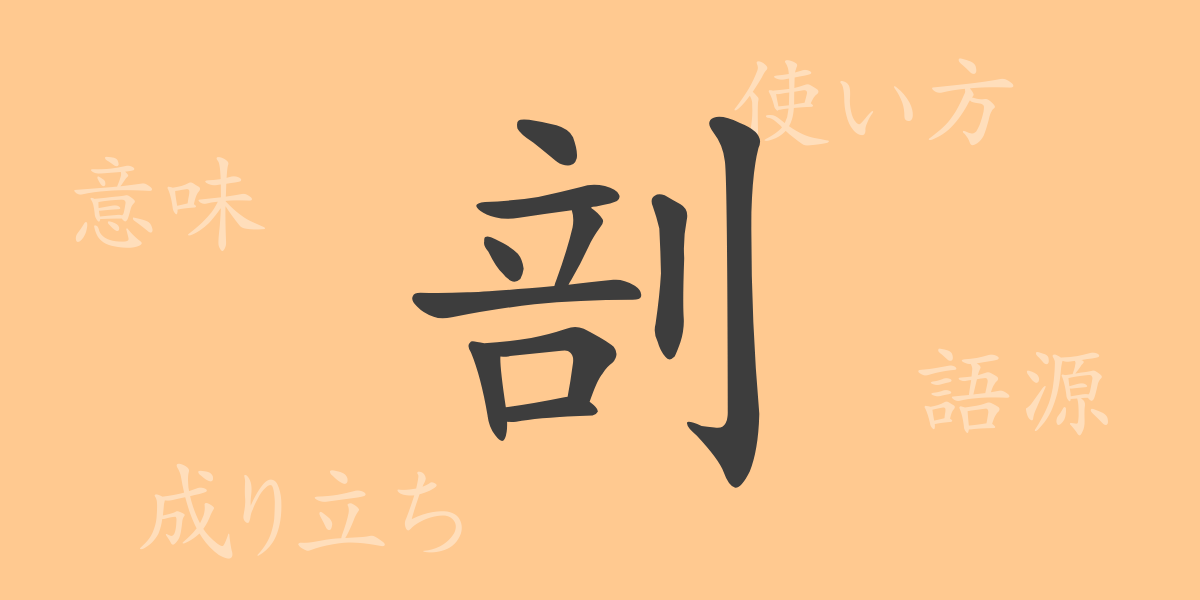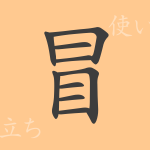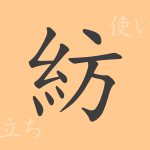Kanji(かんじ) (Chinese characters) are not merely symbols but an art form imbued with deep history and culture. The list of 常用漢字(じょうようかんじ) (commonly used kanji) in Japan includes the character “剖(ぼう)” (bō). In this article, we delve into the origins, meaning, usage, and even idiomatic expressions of this intriguing kanji.
Origin of 剖(ぼう) (bō)
The kanji “剖(ぼう)” (bō) is a pictographic character that originated in ancient China. It combines the radical “刂(りっとう)” (ritto), meaning “knife,” with “包(ほう)” (hō), symbolizing the act of cutting open a “package.” Over time, “剖(ぼう)” (bō) came to mean “to divide” or “to open.”
Meaning and Usage of 剖(ぼう) (bō)
The kanji “剖(ぼう)” (bō) carries the meanings “to divide,” “to open,” and “to dissect.” It is often used in the medical term “解剖(かいぼう)” (kaibō), which refers to dissecting a body or object to examine its internal structure. Figuratively, it can also mean to uncover the truth or essence of a matter.
Reading, Stroke Count, and Radical of 剖(ぼう) (bō)
Here is a summary of the basic information about the kanji “剖(ぼう)” (bō):
- Reading: The onyomi (音読み) is “ボウ” (bō), and there is no kunyomi (訓読み).
- Stroke count: It has a total of 10 strokes.
- Radical: The radical is 刀(りっとう) (ritto).
Idioms and Proverbs Using 剖(ぼう) (bō) and Their Meanings
Here are some idioms and proverbs that include “剖(ぼう)” (bō):
- 解剖学(かいぼうがく) (kaibōgaku): The study of dissecting biological structures.
- 自己剖析(じこぼうせき) (jikobōseki): Deep self-analysis of one’s actions and psychology.
- 心理剖析(しんりぼうせき) (shinribōseki): Detailed analysis of psychological movements in psychology.
These idioms and proverbs reflect the core meanings of “剖(ぼう)” (bō), which are “to divide,” “to open,” and “to dissect.”
Conclusion About 剖(ぼう) (bō)
The kanji “剖(ぼう)” (bō) is frequently used in terms related to dissection and analysis. It is not only prevalent in the medical field but also in everyday life when exploring the essence of matters. This single kanji exemplifies the rich expressiveness and cultural background of kanji. We hope that every time you encounter “剖(ぼう)” (bō), you will remember its profound meaning and origin.

























